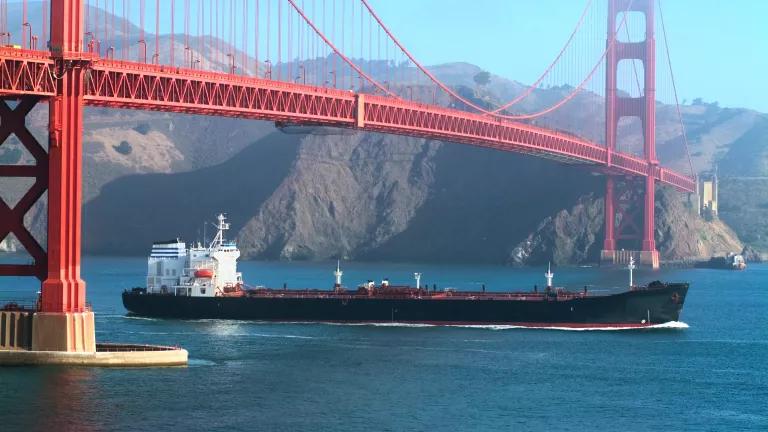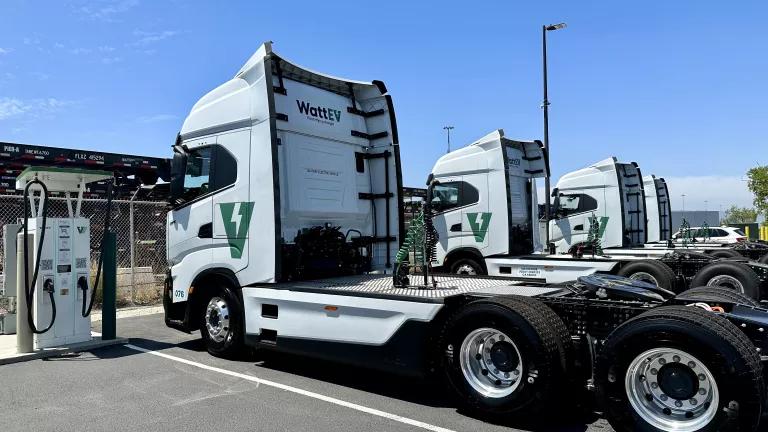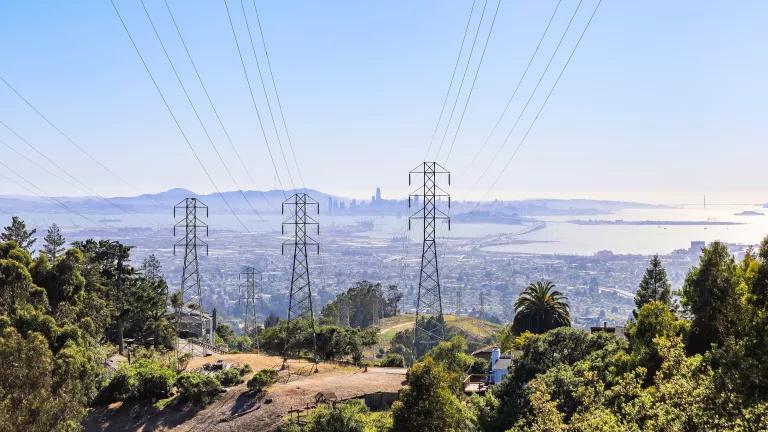Protecting California Waters From Oil: AB 936 Advances
An important piece of oil spill legislation is moving through the California legislature that will help the state respond more effectively to spills of non floating oil.

In February, California Assembly Member Robert Rivas introduced Assembly Bill 936 (AB 936) as a proactive measure to protect California’s critical marine and freshwater resources from harms caused by a spill of non floating oil. In May, the California State Assembly threw its support behind the bill, which now heads to the California Senate where we hope it will also draw widespread support. AB 936 would join the ranks of similar legislation passed in Washington in 2018. In both states, lawmakers are responding to oil industry plans to increase the amount of non floating oils—oils like diluted bitumen from Canada’s tar sands or ultra-heavy oils from Venezuela’s Orinoco belt—traveling to the West Coast by tanker and train.
The West Coast of the United States, and California in particular, has long been a center for refining heavy oils. Historically, California was a major producer of extra-heavy crude oils, similar to the well-known tar sands oil now coming from Canada. However, as California’s domestic oil production has declined, refineries in the state have turned to other sources of heavy oil, including Canada, Mexico, and Venezuela. With most of this oil arriving by tanker, California’s spill response laws and regulations have not evolved to ensure the state is prepared for the novel risks posed by waterborne spills of heavy, non floating oils.

June 3 oil train derailment near Mosier, OR
Meanwhile, major proposed infrastructure outside of the U.S., like the Trans Mountain expansion pipeline in Canada, could lead to a sudden influx of non floating oils being sent to California’s refining centers near San Francisco and Los Angeles. This is a huge issue, as non floating oils represent type of oils that are either heavier than water or, following rapid breakdown after a spill (known as “weathering”), begin to submerge into the water column and sink. Almost all waterborne oil spill response tactics have to do with containing oil floating on the water’s surface and then removing, dispersing, or burning as much of it as possible. Even these techniques haven’t proven particularly effective at removing the majority of oil spilled, but in the case of non floating oils, they are only available to responders for a few hours before the oil stops floating.
To address some of these challenges, AB 936, as passed by the Assembly, advances a number of noteworthy changes to California law:
- Defines non floating oils: AB 936 takes the important step of adding a definition of “non floating oils” to California state law, a change that will allow regulators to address the unique challenges and threats to state resources posed by these oils.
- Increases transparency: AB 936 creates a state-run system that allows state and local regulators and first responders to obtain advance notice of the types and characteristics of all oils entering California by tanker or rail car. This important change will facilitate rapid and appropriate response in the event of a spill.
- Ensures enhanced response capabilities: AB 936 creates a “non floating oil” certification for oil spill response organizations (OSRO)—the organizations that own and operate oil spill response equipment—and requires that entities operating tankers and trains carrying non floating oils contract with these OSROs for spill response services.
Putting in place prudent measures that increase the protection of California’s critical resources is a no-brainer. AB 936 takes important first steps down this path as the threat of increased volumes of non floating oils coming to California grows. In the meantime, the intense effort to wean ourselves from these destructive, risky fuels will go on.




